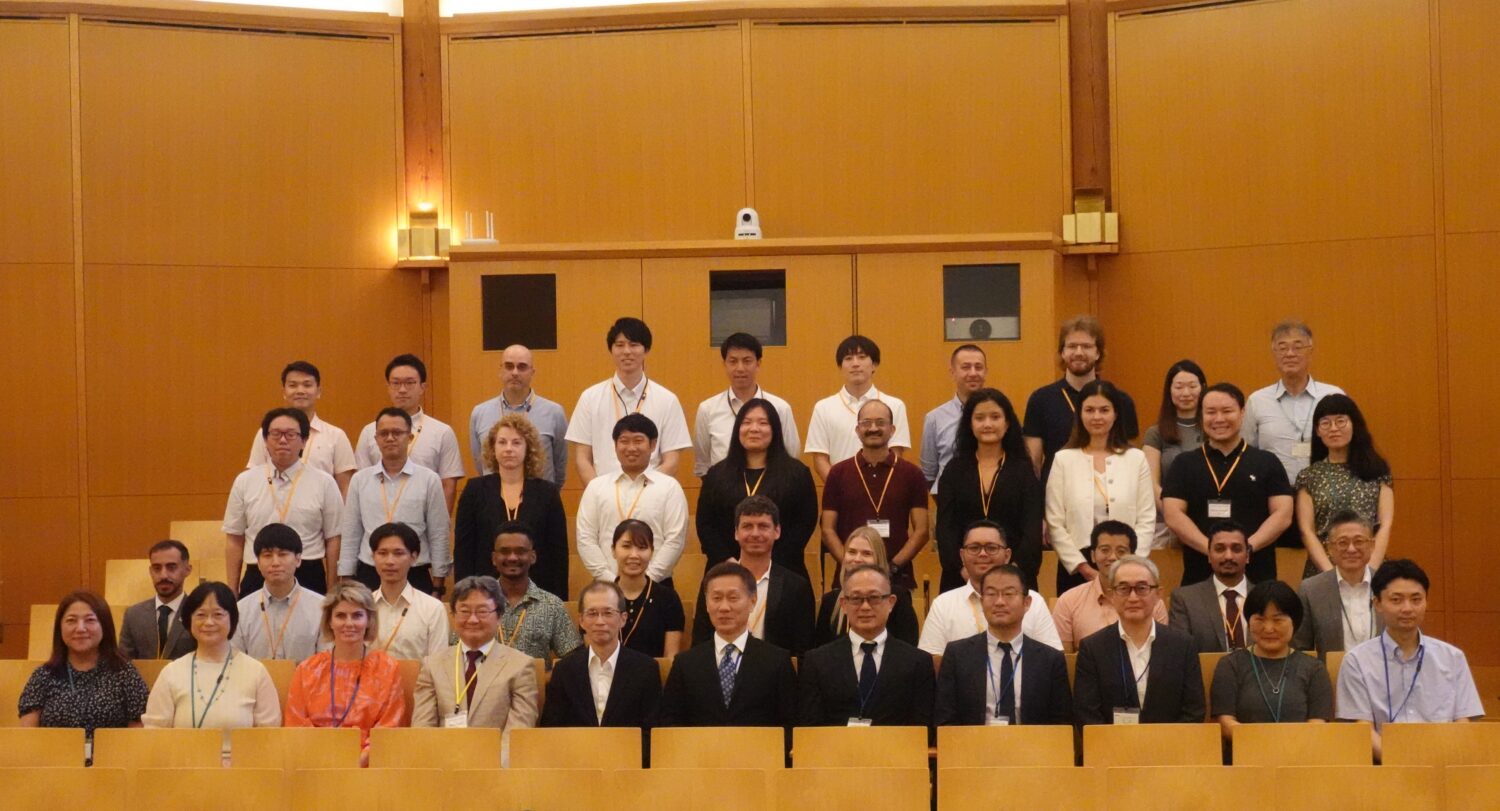The percentage of domestic power accounted for by fossil fuels rose from about 62% in FY10 (April 2010 to March 2011), before the giant earthquake of March 11, 2011, to about 88% in FY13, higher than the 76% level registered during the first “oil crisis” of 1973.
The increase in fuel costs for thermal-power generation, needed to compensate for the losses stemming from the NPP shutdowns, came to JPY2.3 trillion (USD19.2 billion at USD1=JPY120) in FY11, JPY3.1 trillion (USD25.8 billion) in FY12, and JPY3.6 trillion (USD30 billion) in FY13. It thus remained at a high level, substantially adding to the national debt burden.
The white paper also explained the effects of households of increased energy costs, quoting from a survey on household budgets issued by the Ministry of Internal Affairs and Communications.
According to it, electricity expenses stood at an average of JPY9,850 (USD82.1) per household in 2010, before the earthquake, rising to JPY11,203 (USD93.4) in 2013. They thus rose 13.7%, climbing much faster than the 0.3% increase in total consumer spending.
The white paper also presented various expenditures reduced during the same period, notably schooling and educational expenses, down 6.9%, cultural and amusement expenses, down 9.2%, so-called “pocket money,” down 20%, contributions to family members (i.e., parents living separately), down 9.5%, and social expenses, down 5.9%. Such reduced household spending was attributed to the need to offset higher energy expenses.
As for the effects of rising electricity rates effects on industry, the white paper said that small and medium-sized companies, under the current circumstances, have been facing managerial difficulties because they cannot pass on increased energy costs, including higher power rates and fuel prices, to their customers.
According to a survey of such businesses, conducted by the Ministry of Economy, Trade and Industry (METI) through a questionnaire distributed in October 2014, about 80% of the respondents said that the cost of raw materials and energy had increased from the previous year. About 40% of them also indicated having experienced a drop in ordinary profits of more than 10%.










